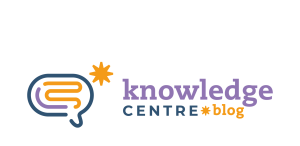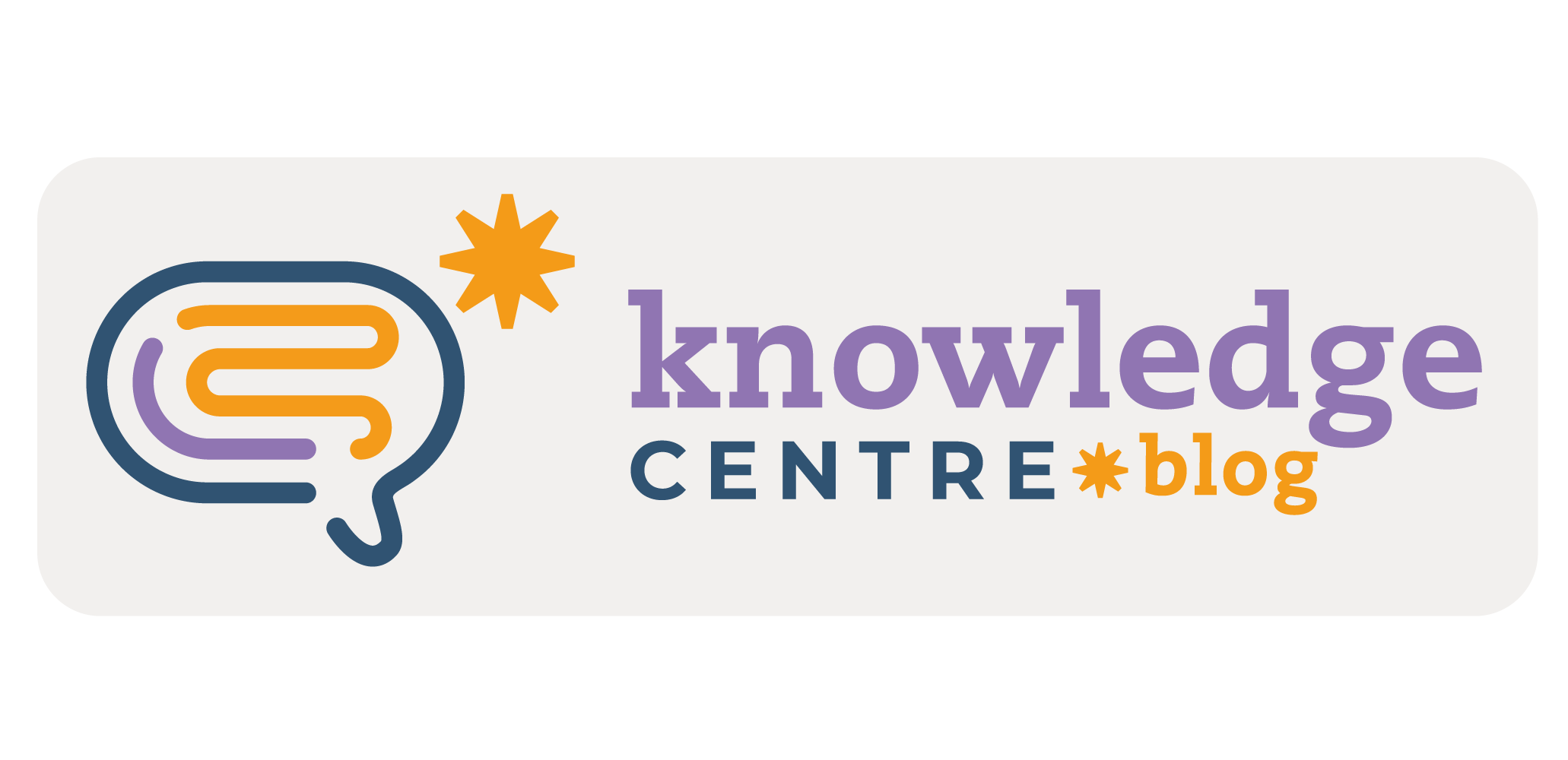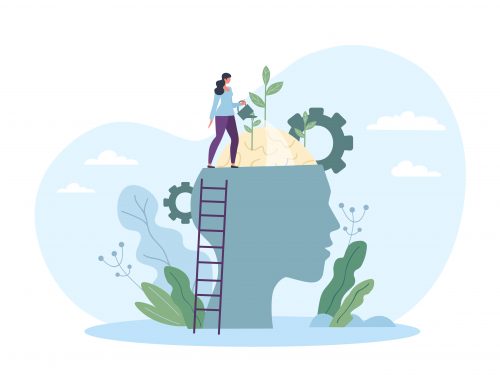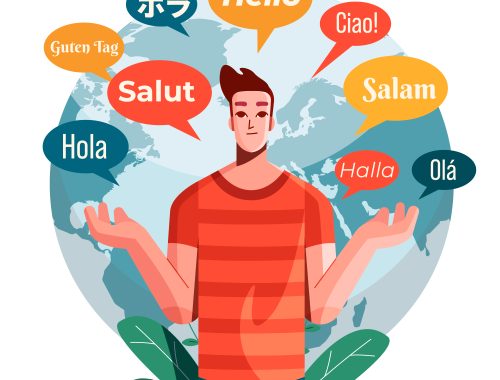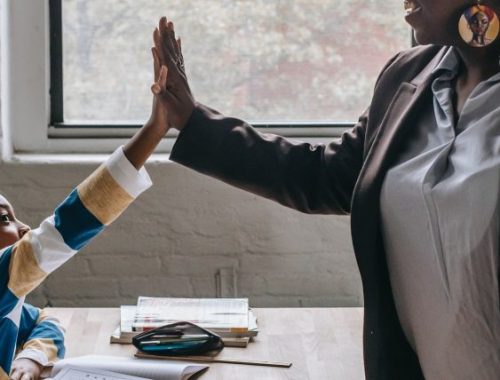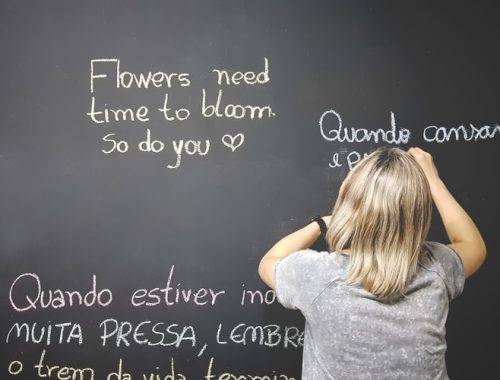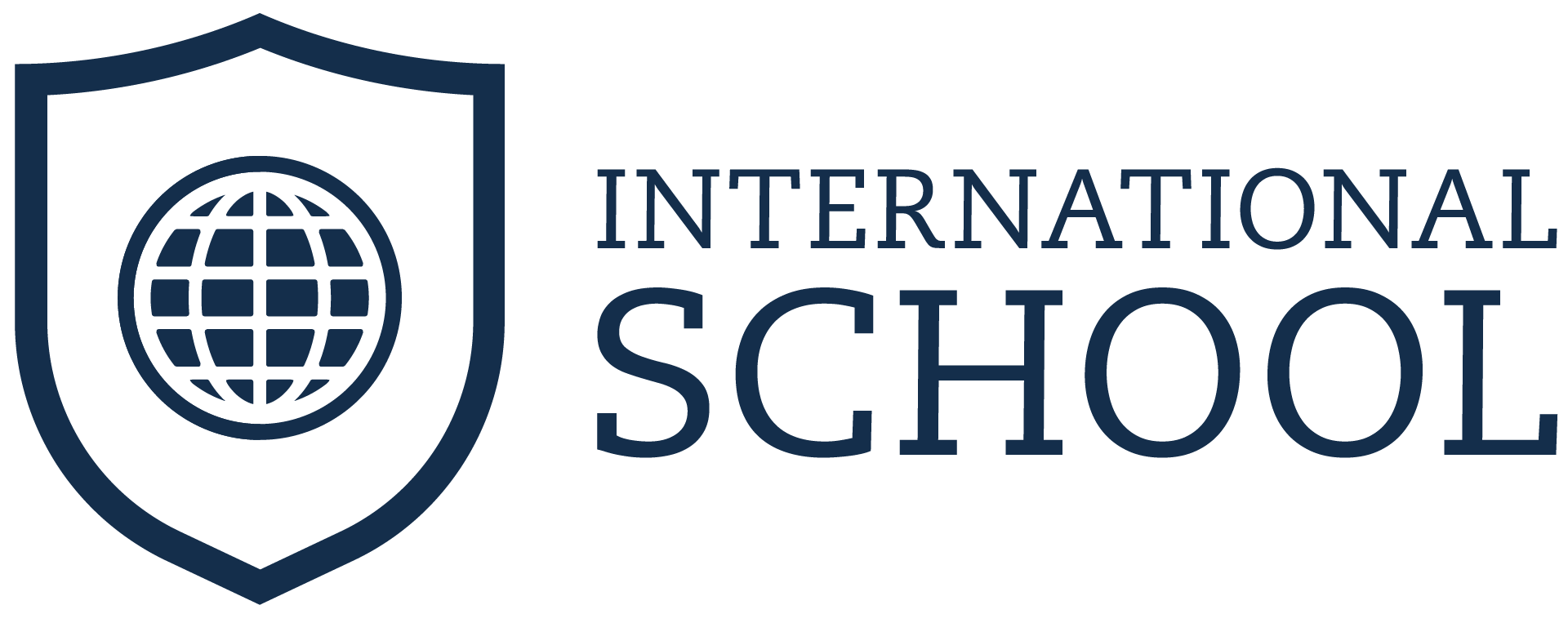It is true that the term ‘21st century skills’ has become a buzz word in education and business circles. One way or another 21st century skills have been ubiquitous with educators either having heard about them, having attended relevant training, or having glanced at the term in school material. But before delving into why and how educators can promote their 21st century skills, it is imperative that the term is clearly defined. 21st century skills is a broadly encompassing concept referring to multiple skills or subcategories of skills. Scott (2015, p.8) defines 21st Century Skills as “the knowledge, skills and attitudes necessary to be competitive in the twenty-first century workforce, participate appropriately in an increasingly diverse society, use new technologies and cope with rapidly changing workplaces”. 21st century skills come in many disguises: life competencies, transversal skills, literacies, hard and soft skills etc. A comparative analysis of various educational policy frameworks shows that across these frameworks there is a general consensus on the development of skills/ competencies that relate to the areas of communication, collaboration, ICT literacy, social and/or cultural awareness, creativity, critical thinking and problem solving (Voogt & Roblin, 2010). Education is a key sector as it provides the source of such theoretical and technical knowledge through reshaped frameworks that incorporate educational principles and competencies every learner needs in order to fulfill their potential and shape their future (OECD, 2019).
The question is: what is the role of educators? The latest update by the World Economic Forum introduced Education 4.0, a learning taxonomy which reimagines education as an inclusive, lifelong experience that places the responsibility for skill-building on the learner, with teachers and mentors acting as facilitators and enablers. This implies that 21st-century skills proficiency needs to be incorporated into teacher qualification and professional development. Not only that, extended professional development can have a substantial impact on 21st-century skills teaching and student achievement (Hixson et al., 2012).
But where do we start from? What 21st century skills do we -educators- possess or lack? To answer these questions, we primarily need to reflect on our strengths and weaknesses in relation to our own proficiency in 21st century skills. In other words, engage in a self assessment process as to the hard or soft skills we possess. This requires a growth mindset perspective which allows for developing soft skills such as effective communication, creativity, problem-solving, critical thinking, adaptability etc. To develop a growth mindset, we need to focus and reflect on our learning journey rather than the outcome. We need to realize our full potential through our weaknesses and embrace failure as a chance to learn rather than a hurdle. We can choose tasks of just manageable difficulty (known as ‘goldilocks tasks’) for gradual improvement and switch from setting performance aims to setting learning aims.
Overall, by developing an awareness of the skills we have, we can inspire a growth mindset mentality into our students who will also be able to reflect on skills they have or need to develop. All these presuppose that instead of a teacher-centric pedagogy, we employ a 21st century pedagogy that promotes personalization, participation, and productivity and highlights the value and importance of 21st century skills to and for learners.
Remember; we can always develop new skills or strengthen the ones we already have with a growth mindset. Now, think of your role in education and create your own skill set. What are your strengths and / or weaknesses in relation to some 21st century skills? How do you feel about them? Tell us in the comments below.
References
Hixson, N. K., Ravitz, J., & Whisman, A. (2012). Extended Professional Development in Project-Based Learning Impacts on 21st Century Skills Teaching and Student Achievement. (). West Virginia: West Virginia Department of Education.
OECD. (2019). OECD Future of Education and Skills 2030: OECD Learning Compass 2030
Scott, C. L. (2015). The Futures of Learning 3: What Kind of Pedagogies for the 21st Century. Education Research and Foresight Working Papers, UNESDOC Digital Library.
Voogt, J., & Roblin, N. P. (2010). 21st Century Skills: Discussion Paper. University of Twente.
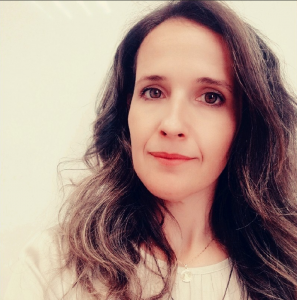
By Anna Karapanou
Anna Karapanou is a very experienced English Language Teacher. She is Greek and lives in Cyprus. She’s a member of the Cyprus TESOL community and is very commited to help teachers develop 21st Century Skills.
